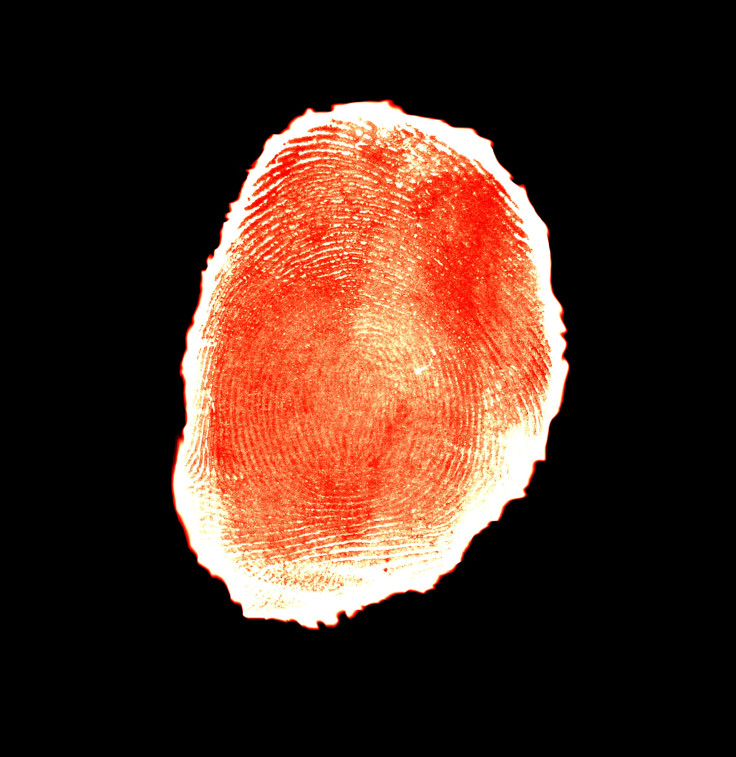Childhood Cancer May Soon Be Diagnosed With A Simple Blood Test After Identification Of 11 Cancer 'Fingerprints'

One of cancer’s best assets is how difficult it can be to diagnose it. It can take weeks, even months, before a doctor performs an invasive biopsy to confirm that suspicious tumors are in fact cancerous. During this waiting period, patients’ conditions can continue to worsen. But a recent study has brought science one step closer to making the dream of using a simple blood test to diagnose cancer a reality, with its discovery of cancer-specific “fingerprints” in the blood.
The study, to be presented at the National Cancer Research Institute Cancer Conference in Liverpool, England next week, found a unique molecular fingerprint for 11 types of children’s cancer tumors. The team of scientists, from the University of Cambridge and Addenbrooke’s Hospital in Cambridge, analyzed blood samples from children who had already been diagnosed with cancer, according to a recent press release. In these samples, the team identified microRNAs, molecules that turn genes on and off, which allowed them to find common changes linked to different tumors.
Although more research is needed at the moment, the discovery of these cancer fingerprints could lead to diagnoses through blood tests. “Using a blood test instead of surgery to remove a tumour sample could improve diagnosis — such results take a matter of hours rather than days or weeks,” lead researcher Dr. Matthew Murray said in the press release. The researcher also expressed hope that the discovery could go on to help advance “other, larger independent stories.”
The Cambridge teams aren’t the only ones pursuing the coveted blood test for cancer. The same Honk Kong scientist who successfully invented a blood test to show pregnant women if their babies have Down syndrome is now reported to be expanding his technology to the world of cancer. “It’s doable, but very expensive,” Andre Marziali, chief scientific officer of Boreal Genomics, a startup developing cancer tests, told Technology Review. “There is a trade-off between the breadth and the cost.” Yuk Ming “Dennis” Lo, the man behind the Down syndrome blood test, estimates that a snapshot of the tumor’s genome using sequencing machines can cost around $10,000. He hopes to one day get it down to as little as $1,000.
Lo is only one of many trying their hand at developing a blood test for cancer screening, but what makes the Cambridge study stand out from the crowd was their clear identification of cancer fingerprints for 11 different forms of childhood cancers. In particular, the scientists found a fingerprint that identified different types of neuroblastoma, a form of childhood cancer which develops to form a nerve cell.
Those involved with the study describe the latest finding as “very exciting," but also emphasized the need for more research before such a test would be available to the public.
Source: Murray MJ, Raby KL, Saini HK, et al. Solid tumours of childhood display specific serum microRNA profiles. National Cancer Research Institute Cancer Conference. 2014



























